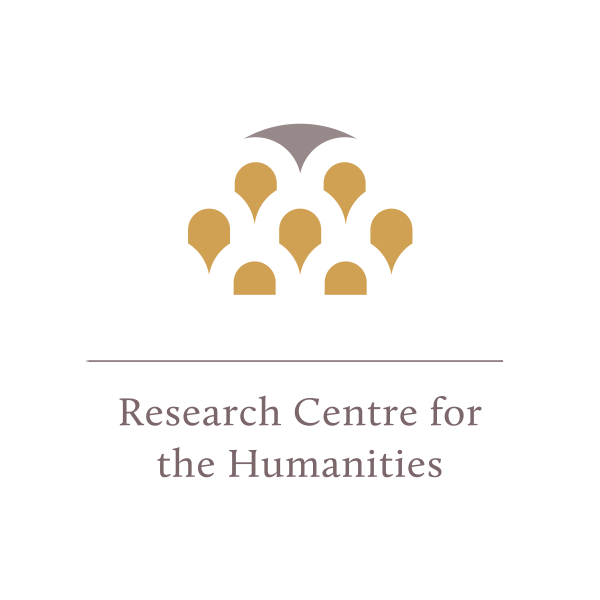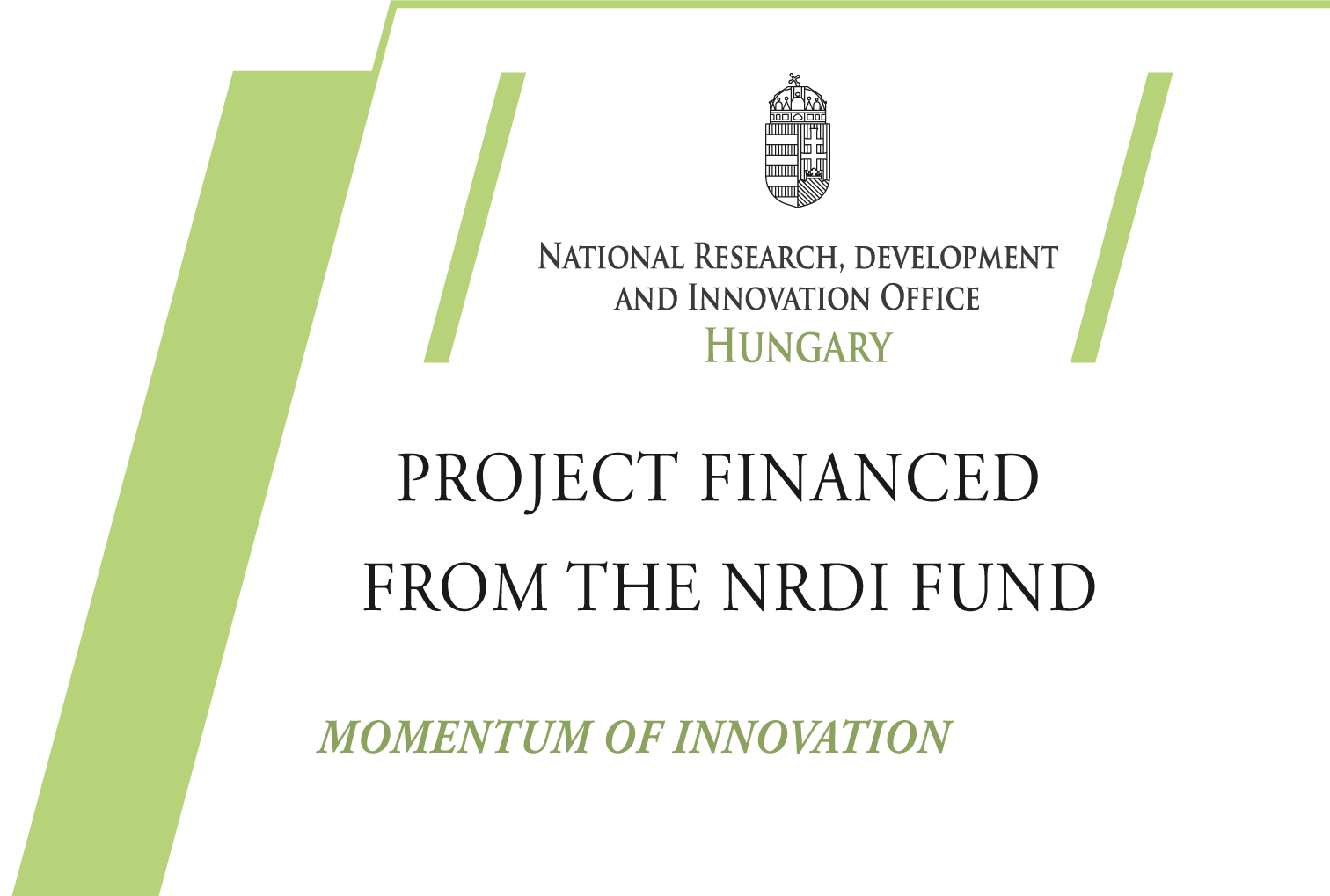Letters
The main objective of the project is the analysis of Franco-Hungarian literary relations through the unique lens of personal-professional networks and correspondence in the 20th century. The corpus consists of source groups kept in three public collections and a private one, which have not been published to date. Exploring and analyzing these sources provides a new international outlook, a way to trace literary currents and identify impact mechanisms through the networks of persons and their discourse, while also casting light on the broader cultural interactions and transmissions of the era.
The basic question of the research is who, in what manner and by which methods had influence on Franco-Hungarian cultural relations in literary life both on levels of the individual and society alike. The starting hypothesis is that a record of intellectual discourse (the correspondence archives) captures the cross pollination of ideas, literary tools and cultural currents, and by uncovering the network of ideas it is possible to provide the public with an evidence-based understanding of the roles of individual artists in cultural interaction and transmission.
Relatively little attention has been focused on 20th-century Franco-Hungarian literary relations as yet. Through the analysis of the cultural transmission of the recent past, this research will make it possible to reveal and apply the individual, professional and diplomatic methods and instruments effectively in the international dissemination of Hungarian literature. The results will be useful both for university education, for the educated public, cultural diplomacy and for researchers. My experience gained previously by exploring and processing a source of about one hundred items regarding the relationship between Gyula Illyés and Jean Rousselot, and the monograph written on these sources, provides me with an appropriate basis for the exploration and analysis of a source group in the volume of one thousand items to uncover patterns and mechanisms that could inform the understanding of cultural representation in international contexts even today.
The source analysis based research explores the parallel and different processes of French and Hungarian literature in the framework of comparative study. It uses a lens of network analysis and relies on correspondence archives to trace interpersonal and cross-nation influences in themes, style and modes of expression; and to understand how these influences add up to the way a given culture is transmitted, presented and received in a foreign country. The research shows the influence of French culture in Hungary and vice versa: the effect of presenting Hungarian writers, poets and their works in France. It uses the most advanced technology for arts and humanities available today: digital philology with semantic web references. The results are publicly available for lessons learned about cultural diplomacy, country branding and cultural transmission through personal-professional networks.






